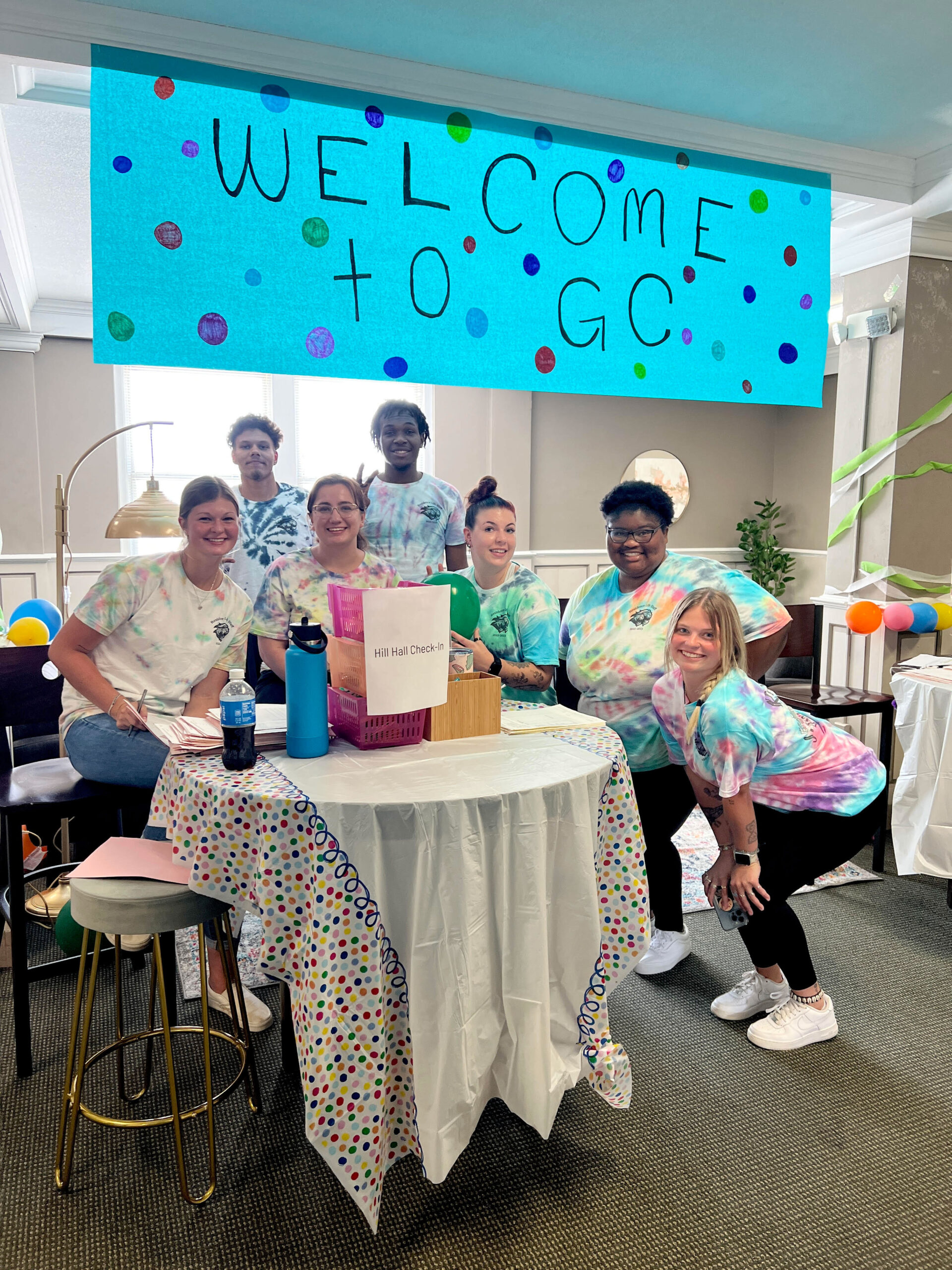
Residence Life
Come home to Greensboro College.
The mission of Residence Life is to provide students with a focused living and learning environment dedicated to safety, community, and education.
Living on campus gives students the opportunity to connect and grow. With an on-campus support system through our residence life staff, student groups, and on-campus activities, you’ll be more likely to have success in the classroom, and you’ll also be part of a community of students who are just like you.
RESIDENT LIFE CONTACT
John Felton, Director of Residence Life
336-272-7102, ext. 5391

